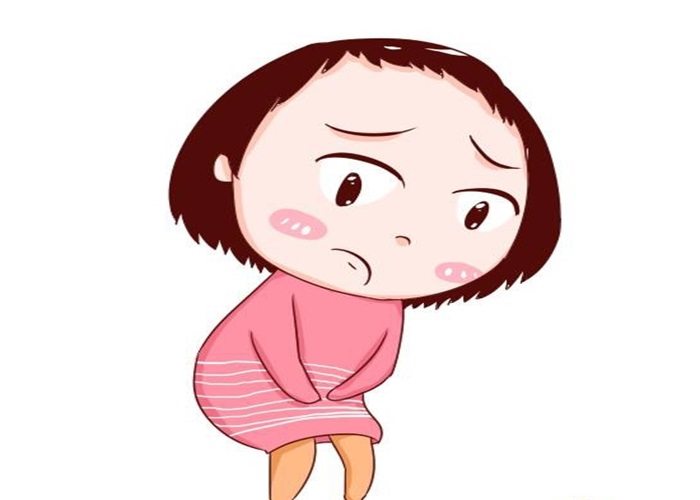Causes: Vaginal dryness can be caused by hormonal changes, such as those that occur during menopause. As estrogen levels decline, the vaginal tissues become thinner, less elastic, and produce less lubrication. Other factors include certain medications, such as antihistamines and antidepressants, which can have a drying effect. Additionally, conditions like Sjogren’s syndrome (an autoimmune disorder), diabetes, and some forms of cancer treatment (radiation or chemotherapy) can also lead to vaginal dryness.
Symptoms: The most obvious symptom is a lack of natural vaginal lubrication, which can cause discomfort or pain during sexual intercourse. Women may also experience itching, burning, and a feeling of soreness in the vaginal area. In some cases, the dryness can lead to an increased risk of vaginal infections due to the disruption of the normal vaginal flora.
Treatment Options
Hormone Therapy
Estrogen Therapy: For women whose vaginal dryness is due to hormonal changes, especially menopause – related, local estrogen therapy can be very effective. This can come in the form of vaginal creams, tablets, or rings. For example, a vaginal estrogen cream can be applied directly to the vaginal tissues a few times a week. The estrogen helps to thicken the vaginal lining, increase blood flow, and restore natural lubrication. Vaginal estrogen tablets work in a similar way, and a vaginal ring can slowly release estrogen over a period of weeks or months. These local treatments have the advantage of delivering a relatively small dose of estrogen directly to the affected area, minimizing the systemic side effects that might be associated with oral estrogen.
Progesterone (if needed): In some cases, especially for women who still have a uterus, progesterone may also be recommended along with estrogen to protect the uterine lining from over – growth. This combination therapy can be carefully tailored to the individual’s needs to balance the benefits of estrogen replacement for vaginal health while safeguarding the uterus.
Over – the – Counter (OTC) Lubricants and Moisturizers
Lubricants: Water – based lubricants are a popular and readily available option for immediate relief during sexual activity. They can reduce friction and discomfort during intercourse. These lubricants come in various formulations, including those with added ingredients like aloe vera for extra soothing properties. Silicone – based lubricants are also available and tend to last longer than water – based ones, but they may be more difficult to clean up.
Moisturizers: Vaginal moisturizers are different from lubricants in that they are designed to be used regularly to maintain vaginal moisture over time. They can be applied a few times a week and work by hydrating the vaginal tissues. Some moisturizers contain hyaluronic acid, which is known for its ability to hold moisture and can help improve the overall condition of the vaginal lining.
Lifestyle Changes
Diet and Hydration: Staying well – hydrated is essential for maintaining healthy vaginal tissues. Drinking an adequate amount of water helps to keep the body and the vaginal area hydrated. A diet rich in fruits, vegetables, and healthy fats can also support vaginal health. For example, foods high in omega – 3 fatty acids, such as salmon and walnuts, may help reduce inflammation and support tissue health.
Pelvic Floor Exercises: Kegel exercises, which involve contracting and relaxing the pelvic floor muscles, can improve blood circulation to the vaginal area. This can potentially enhance vaginal lubrication and overall pelvic health. Women can do Kegel exercises by squeezing the muscles as if they were trying to stop the flow of urine and then releasing them, repeating this process several times a day.
Alternative Therapies
Vaginal Laser Therapy: Some women may benefit from vaginal laser treatments. These procedures use laser energy to stimulate collagen production and improve the elasticity and thickness of the vaginal tissues. The treatment can lead to increased lubrication and a reduction in dryness – related symptoms. However, it’s a relatively new and more invasive option that may not be suitable for everyone and requires a trained professional to administer.
Acupuncture: Some alternative medicine practitioners suggest acupuncture as a way to improve blood flow and hormonal balance, which could potentially alleviate vaginal dryness. While the scientific evidence for acupuncture’s effectiveness in treating vaginal dryness specifically is limited, it may be considered as part of a holistic approach for some women.
Conclusion
While there may not be a one – size – fits – all “cure” for vaginal dryness, there are many effective treatment options available. The key is to identify the underlying cause of the dryness and then choose the most appropriate treatment approach. With the right combination of therapies, including hormonal treatments, OTC products, lifestyle changes, and potentially alternative therapies, women can significantly improve their vaginal health and find relief from the discomfort and other symptoms associated with vaginal dryness. It’s also important for women to have an open and honest discussion with their healthcare providers to ensure they receive the best possible care and guidance.
Related topics
- The 6 Best Treatments For Vaginal Dryness
- Top 7 Vitamins For Vaginal Dryness
- 5 Effective Non Hormonal Treatment For Vaginal Dryness


